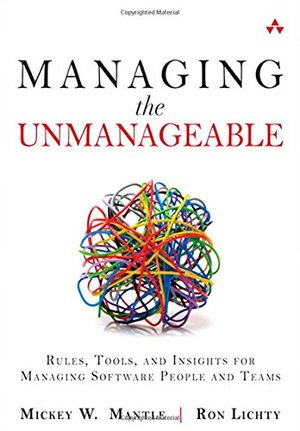Each week, we release a summary of our Expertship reading, reports and research. Subscribe below to receive these updates by email.
Expertship Research summary 28 May 2021
This summary wraps up our research on deliberate practice as it relates to developing expertise. I also begin to share some of the views held by anti-experts as to the dangers of expertise, and then finish with a brief overview of the types of power and influence experts might utilise.
Publications Researched
What is deliberate practice? Why is it important?
Organisations who are serious about developing their internal experts, will need to find ways to embed deliberate practice into their learning and development strategies.
Deliberate practice has been proven to be a highly effective approach to developing any skill but particularly in developing high levels of expertise.
Deliberate practice requires the learner to:
-
Constantly be pushing beyond their comfort zone and seek new activities that are not easy for them;
-
Obtain regular and immediate feedback on those activities as to what is working and what could be improved from more experienced experts, peers and those who benefit from the expert’s activities;
-
Find forums to practice a skill and then get immediate feedback;
-
Be specific to others what they are trying to develop so those providing feedback will know precisely what to focus on;
-
Focus on “learning while real work gets done” which includes reflection and continual improvement of their learning methods ie get into the habit of deliberate practice and thinking about deliberate practice; and
-
To effectively practice a skill without a teacher, use the three Fs: Focus. Feedback. Fix. Or in other words, “Try doing the thing. Get feedback on the thing. Fix what went wrong with the thing. Then repeat.” The emphasis is on doing and the fixing and not the knowledge required itself.
This distinction between knowledge and skills is the key difference between traditional methods of developing expertise and deliberate. Traditionally, the focus is nearly always on a “teacher” passing on knowledge to a “student”.
It is so much easier (but so much more ineffective) for organisations to present knowledge to a group of people than it is to embed workplace practices where people can develop skills through deliberate practice.
Attending lectures, courses, and presentations often do not provide opportunities for practice, feedback, or to try something new, make mistakes, and correct the mistakes.
Deliberate practice, by contrast, focuses solely on performance and how to improve it.
What are the arguments against expertise?
During the Brexit debate, Michael Gove in the UK said that people ‘have had enough of experts’ and Margaret Thatcher once famously said, “Advisers advise and ministers decide”.
There have been many instances of experts in many industries who appear to have used their knowledge to deceive their clients.
However it also raises the question as to whether experts ensure the advice received has been understood and, if necessary, challenged by the decision maker.
When experts get things right, it rarely makes the headlines but public scrutiny of when the experts get things wrong is increasing, as it should perhaps.
Anti-experts say the experts are often wrong and use recent political polls like Brexit and federal elections.
There are also the globally famous examples like Bill Gates stating no one will ever need a computer with more than 640K or Stephen Balmer saying the iPhone will never be significant.
Remember Y2K? The GFC? Should we rely on an expert in finance, if their career or income stand to benefit from rising markets?
Some experts have used their reputation as experts in a particular field to give unwarranted credibility to their opinions on wider issues – such as a chef offering “expert advice” in health and wellbeing.
There are some inherent issues related to expertise:
-
It is easy to incorrectly believe the person with all the facts also has good judgement.
-
Experts can be quite passionate about their own subject and may view issues and opportunities through a lens of their own specialism. If all you have is a hammer, then all problems will look like a nail.
-
Expertise can itself create bias, in that the expert will tend to look for solutions in the areas they best know.
I intend to explore further the research relating to the risk of expertise and the anti-expert movement.
What power and influence do experts exert online?
There are five forms of personal power written in the research:
Coercive Power The use of threats or potential threats. Reward Power The use of perceived rewards such as financial, recognition, training or perks. Legitimate Power The power that is bestowed upon someone because of their role and position. Expert Power Having a level of knowledge or skill that other people need and want. Referent Power Also described as charismatic power or the power of personality.Of these, expert power is arguably the only one that must be earned and requires personal effort to sustain. Unlike power that depends on a position, expertise is personal. Anyone can possess it, no matter what their job level.
Therefore, expert power may be seen as more legitimate than “Legitimate Power” itself.
If self-managed correctly, expert power earns trust and respect from others, making it easier to inspire people to be more open to experts’ efforts to guide them, and experts may find it easier to motivate others to perform to their full potential.
However, experts still require the necessary soft skills to utilise their expert power to its full effect.
Furthermore, they constantly must develop those skills and knowledge to sustain expert power.
Finally, the expertise must be continually applied towards the needs and context of those around the expert.
I intend to explore further the significant amount of research available relating expert power.
Learn more
Expertship research summaries are written by our Chief Research Office Darin Fox.
Subscribe to updates using the form below. You’ll also receive chapter one of our new book, Master Expert: How to achieve peak performance, influence and seniority in a technical role.




